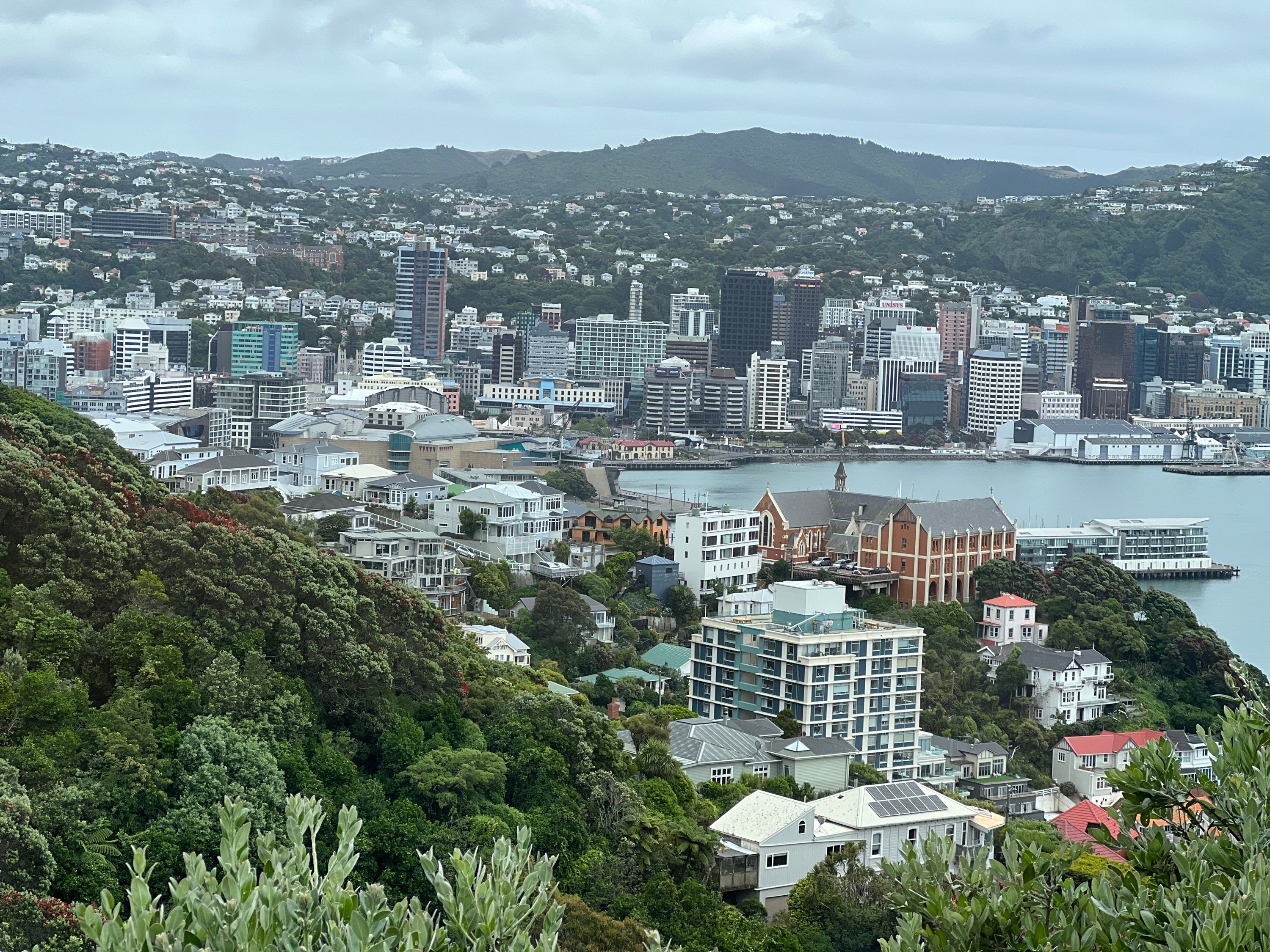Acupuncture for Acne and Cystic Lesions: An Alternative Approach to Treating Skin Conditions
- www.Acute-Acupuncture.com

- Dec 12, 2023
- 3 min read
Updated: Apr 19, 2024

Acne is a prevalent skin condition that affects individuals of all ages, causing not only physical discomfort but also psychological distress. While multiple treatment options exist, including topical creams, oral medications, and medical procedures like laser therapy, an alternative approach gaining popularity is acupuncture. This Blog Post will discuss acupuncture's potential benefits and effectiveness for acne and cystic lesions, exploring its ancient origins, mechanism of action, and current scientific evidence.
Ancient Origins and Principles of Acupuncture: Acupuncture is an integral part of Traditional Chinese Medicine (TCM), originating thousands of years ago. According to TCM principles, health is achieved through the balanced flow of Qi, the body's vital energy, along specific meridians. When Qi becomes stagnant or imbalanced, it can lead to various imbalances, such as skin conditions like acne. Acupuncture aims to restore balance by inserting thin needles into specific acupuncture points along these meridians to stimulate the body's innate healing abilities.
Mechanism of Action: Acupuncture may influence the release of endorphins, natural pain-relieving and mood-enhancing substances, promoting relaxation and reducing stress levels, which have been linked to the exacerbation of acne. Additionally, acupuncture may improve blood circulation to the affected areas, facilitating the delivery of oxygen and nutrients while removing toxins and metabolic waste products. Lastly, it is believed that acupuncture helps regulate the hormonal balance, which plays a significant role in the development of acne.
Current Scientific Evidence: The World Health Organization (WHO) has recognized traditional acupuncture as a legitimate therapeutic approach. Several small-scale studies have shown promising results for treating acne and cystic lesions.
A systematic review published in the Journal of Alternative and Complementary Medicine in 2013 examined eight studies and concluded that acupuncture effectively reduced cystic lesions and acne and improved overall skin appearance. However, further studies may be necessary to establish acupuncture's efficacy definitively.
Acupuncture as a Complementary Treatment: It is important to note that acupuncture should not replace conventional medical treatments for acne and cystic lesions; instead, it should be considered a complementary therapy. Integrating acupuncture into a comprehensive treatment plan may enhance the overall effectiveness and provide many additional benefits. Acupuncture can help manage stress, reduce inflammation, and promote relaxation, essential in managing acne effectively. Additionally, acupuncture may minimize the side effects of certain acne medications, improving the overall quality of life for individuals battling this skin condition.
Acupuncture, an ancient and well-established approach rooted in Traditional Chinese Medicine, holds promise as a complementary therapy for acne and cystic lesions. While scientific evidence regarding its effectiveness is limited, small-scale studies suggest potential benefits. Acupuncture's ability to address multiple underlying factors such as stress, inflammation, and hormonal imbalances makes it an appealing treatment option to consider in conjunction with conventional acne treatments. After treatments, one may feel relaxed, energized, and rejuvenated. Communicating with your practitioner about your experience is essential to ensure you receive the maximum benefits from these treatments. Click the button below and book a complementary 15-minute consultation at Acute Acupuncture, 163 The Terrace, Wellington Central, Wellington. Let's discuss if acupuncture is the right thing for you. Thank you for taking the time to read this Blog Post. Don't forget to like, subscribe, and share this post with others. If you have any questions or concerns check out Acute-Acupuncture Wellington Frequently Asked Questions (FAQs), as we find this help to answer most people's questions, and please leave a comment below.






Comments